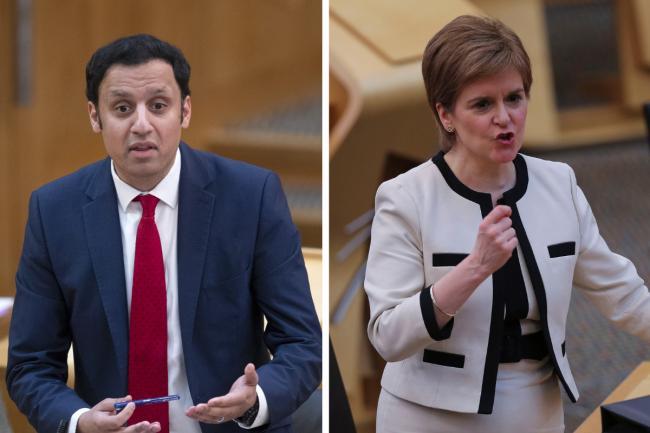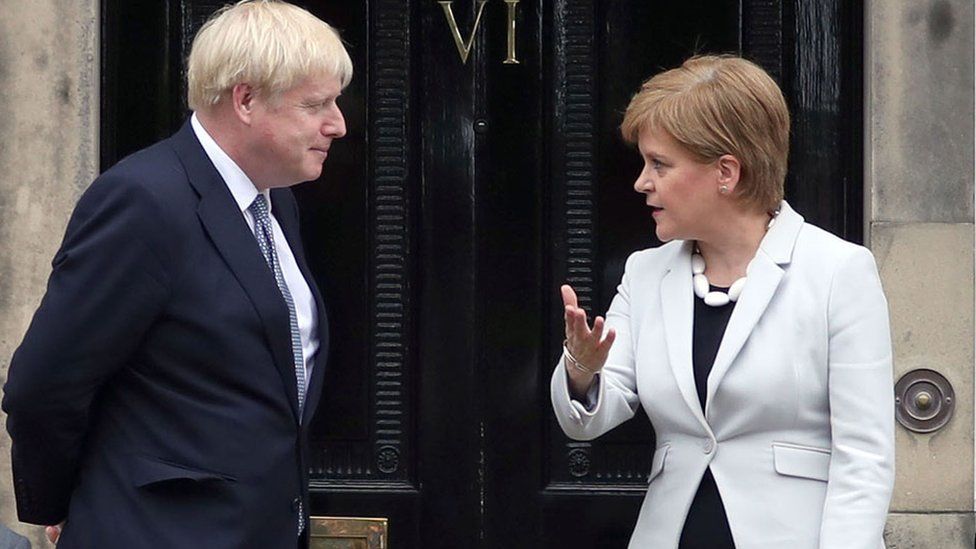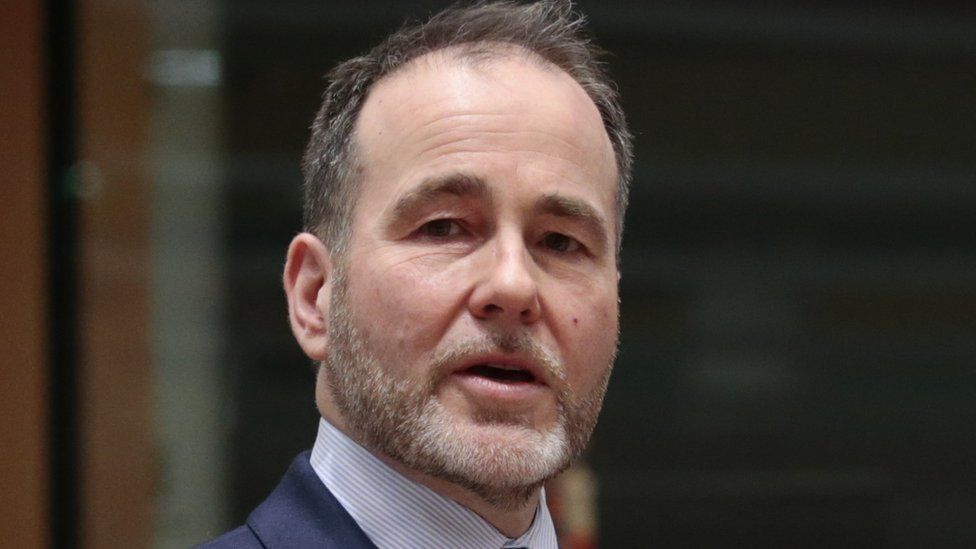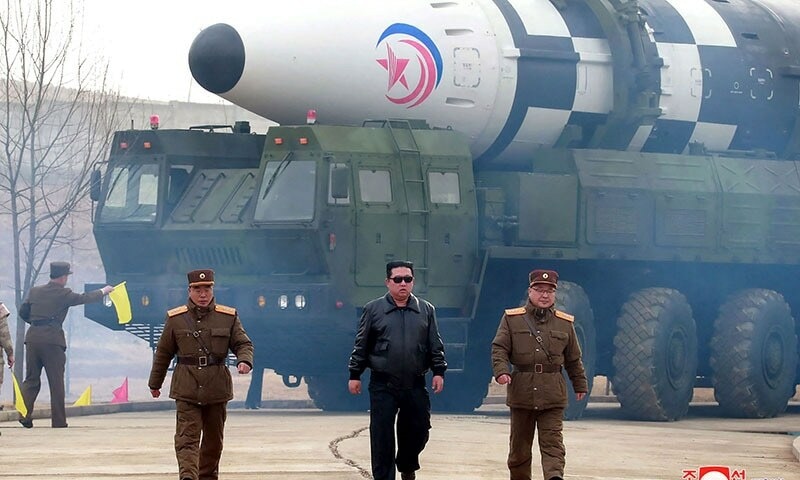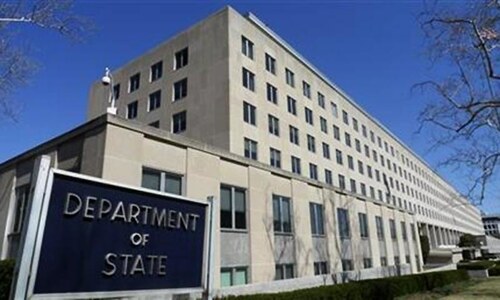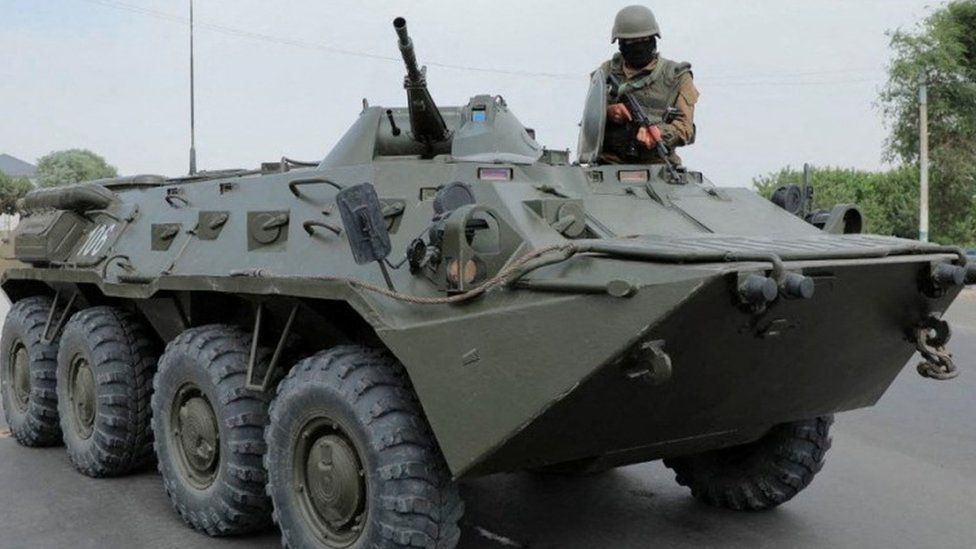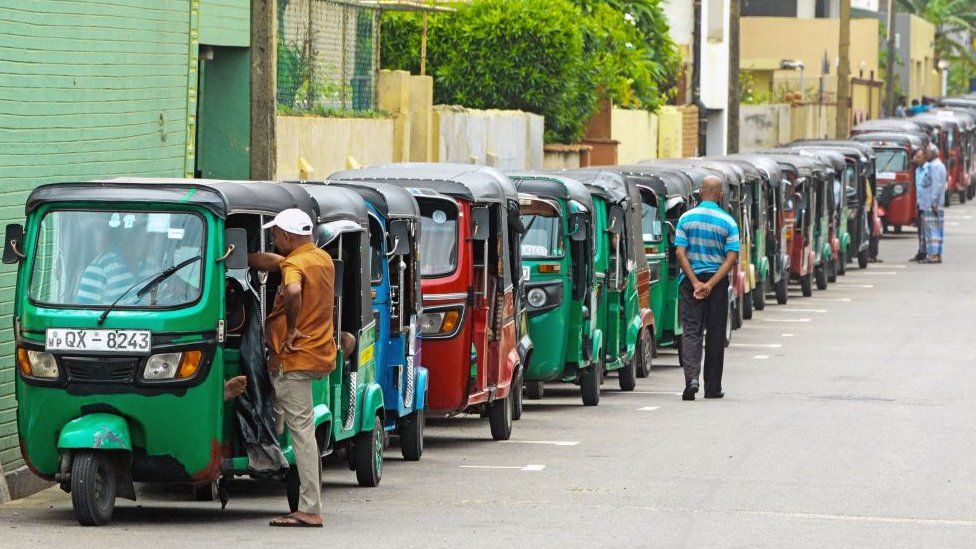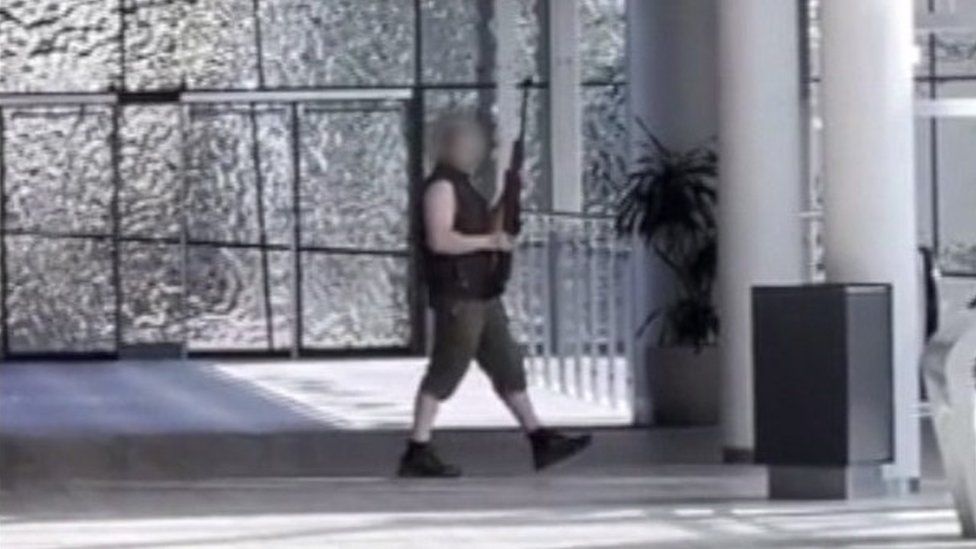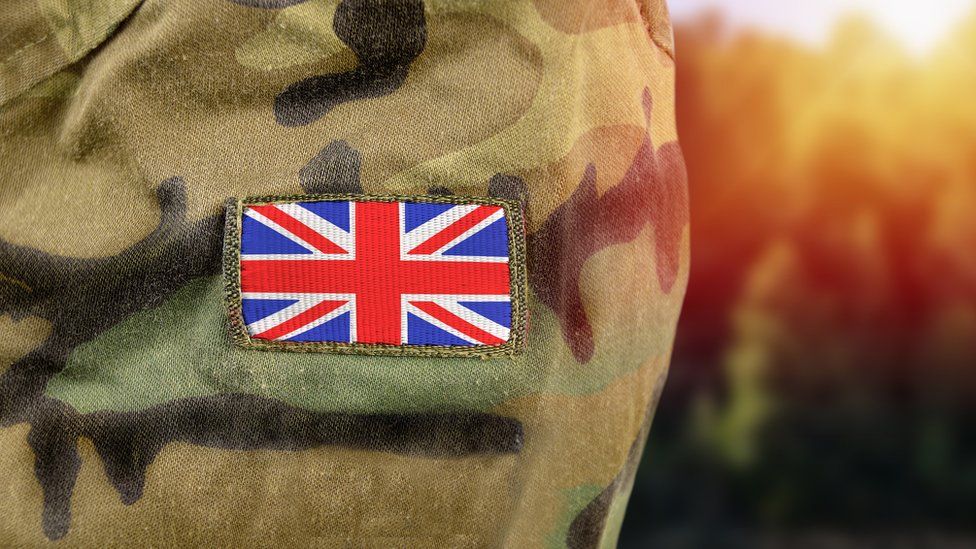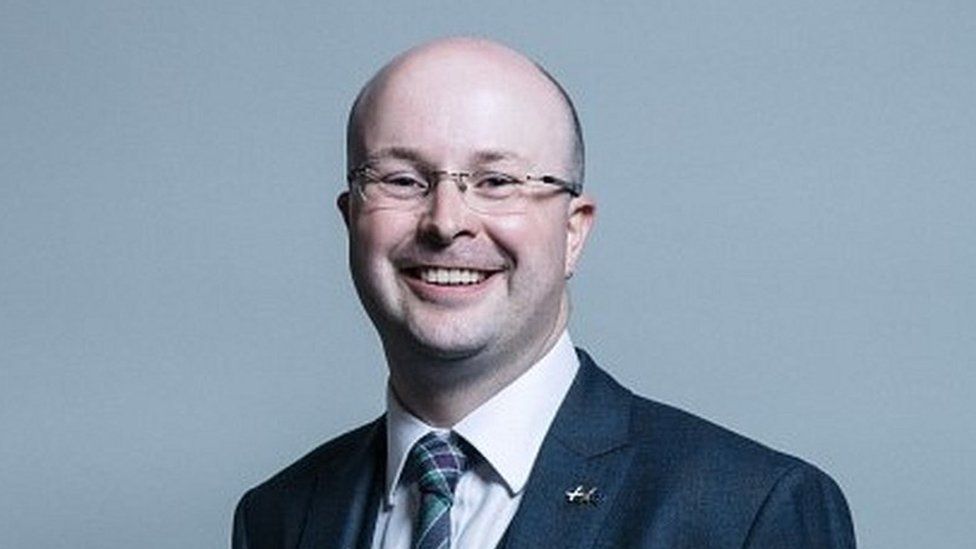Anas Sarwar said there would be no pact between the parties even in the event of a hung parliament.
The Scottish Labour leader was setting out his proposals for the future of the UK in a speech at Westminster.
His proposals included a legal duty of cooperation for governments in London and Edinburgh, and a regional senate to replace the House of Lords.
The SNP wants to hold an independence referendum on 19 October 2023, with leader and First Minister Nicola Sturgeon saying the next general election could be used as a single-issue vote if this is blocked.
Mr Sarwar’s speech in London comes the week after Ms Sturgeon set out her plans to pursue a fresh vote on independence.
The Scottish Labour leader called for “cooperation and not conflict” to be put at the heart of government as he unveiled the first in a series of papers on reform of Scotland and the UK.
This proposed introducing a “legal duty to cooperate” between the Scottish and UK governments, as well as a new governance forum which would “bring together the leaders of the UK and the nations on an equal footing”.
Mr Sarwar also called for the House of Lords to be abolished in favour of a senate of the nations and regions, which would include more representatives from around the UK and be “more reflective of modern Britain”.
He said: “The political game-playing of recent years has wounded the devolution settlement. We need these new rules of engagement to heal it.”
Mr Sarwar ruled out any pacts or deals with the SNP in the event of a hung parliament at Westminster.
He told BBC Scotland: “We are trying to get an outright Labour majority at the next election.
“If we fall short of that and seek to form a Labour minority government, the SNP will face a clear choice – they can have a Tory government or a Labour government, and in that situation I dare Nicola Sturgeon and the SNP to back the Tories and let’s see how Scotland responds.”
In the speech, hosted by the Fabian Society, Mr Sarwar said the SNP and Tories had “stoked up bitterness, division and anger and created a politics of us versus them”.
He also attacked the leaders of the rival parties, claiming that Boris Johnson is “a gift for the SNP” and that Ms Sturgeon “wants to pit Scot against Scot for her own obsession”.
‘No real change’
Meanwhile the SNP accused Labour of being “indistinguishable from the Tories on Brexit”, saying independence was the only path back into the EU for Scotland.
Labour’s UK leader Sir Keir Starmer is due to make a speech later in which he will commit to keeping Britain out of the single market.
SNP Westminster leader Ian Blackford said Sir Keir was “offering no real change at all”, adding that there was “no route back to Europe and economic prosperity at Westminster.”
And the Tories said Mr Sarwar had repeatedly ruled out pacts with the SNP prior to May’s council elections, only to join a cross-party coalition in Dumfries and Galloway.
MSP and party chairman Craig Hoy said that “pro-union voters know that only the Scottish Conservatives can be trusted to stand up to the SNP”.
This speech was Anas Sarwar’s attempt to carve out a distinctive position for Labour in the debate over Scotland’s future.
For years now the party has been an awkward third wheel in a binary tussle, with the SNP and Conservatives cementing their positions as the parties of independence and the union.
In truth Labour would rather be talking about almost anything else, but with the constitution looking set to dominate Scottish politics through to the next election Mr Sarwar needs a clear policy to fall back on.
Finding a third way through this issue tall order; just ask the Lib Dems, who have made very little headway with their calls for federalism in each election since 2014.
The headlines will likely be dominated by talk of Mr Sarwar ruling out any post-election pacts with the SNP – something he also did prior to the Holyrood and council elections in 2021 and 2022.
Really he has little choice but to rule out cooperation with other parties, given Labour badly needs to win back votes lost to both the SNP and the Tories over recent years.
And for a Westminster election it also feels fairly obvious, given neither Labour nor SNP MPs are likely to vote to put Boris Johnson back in office, regardless of what deals might be on offer.


